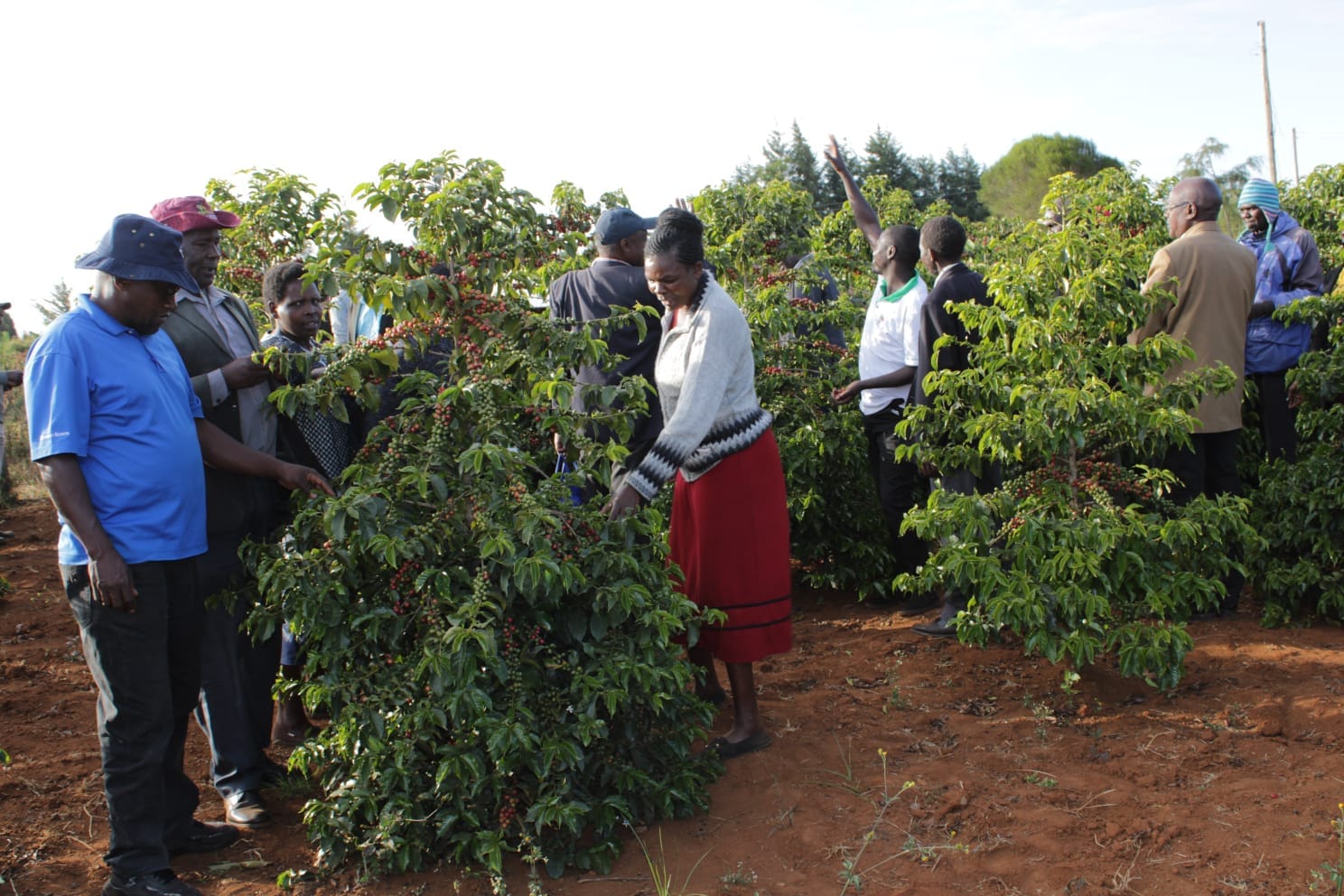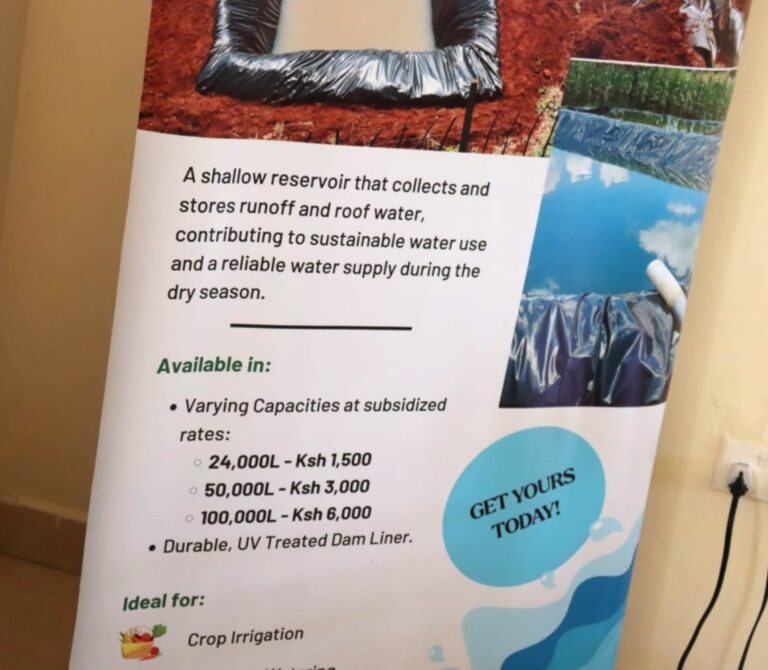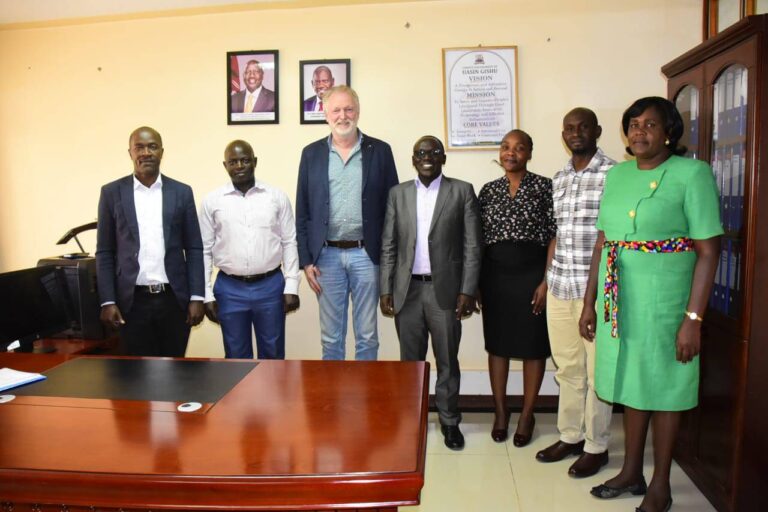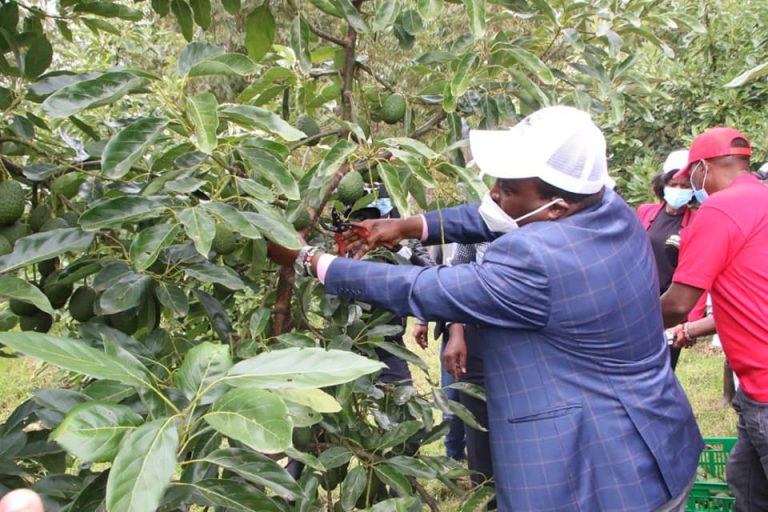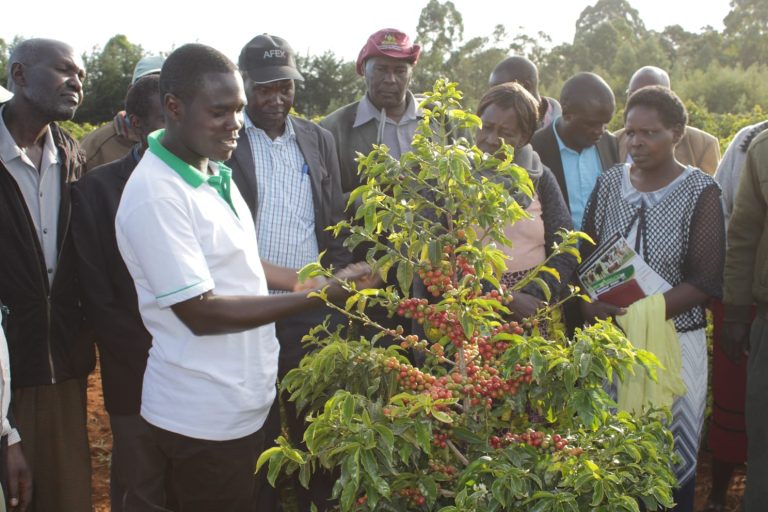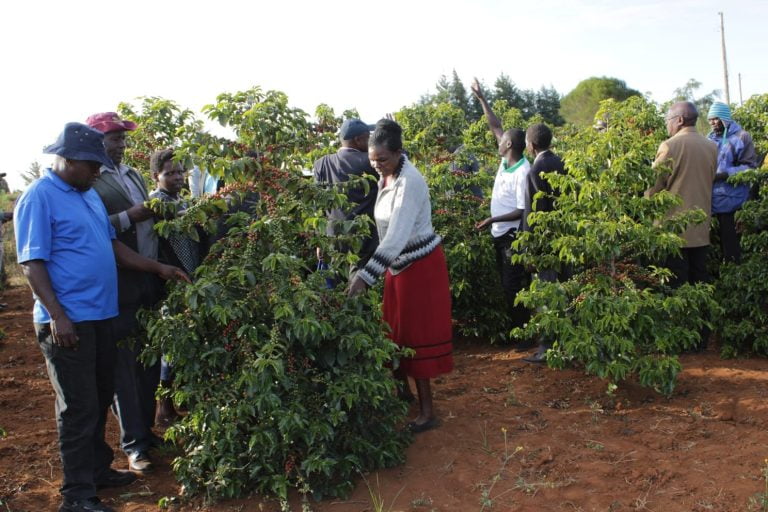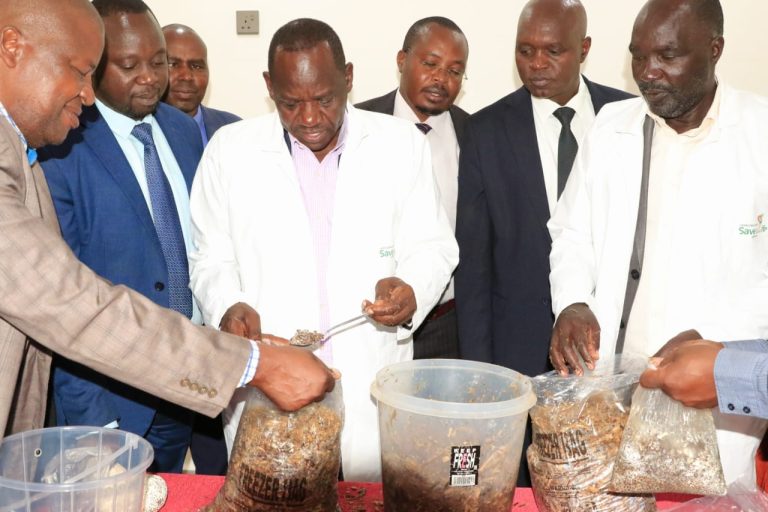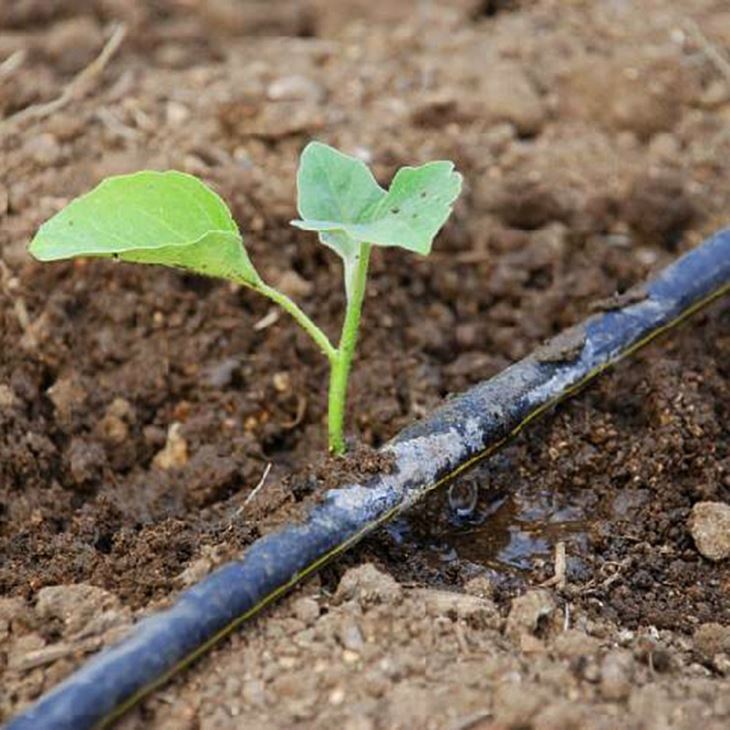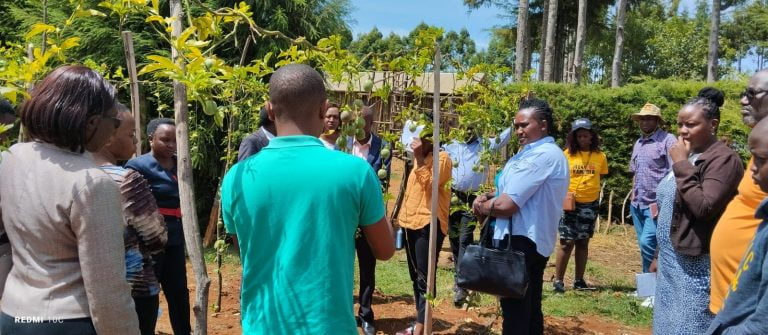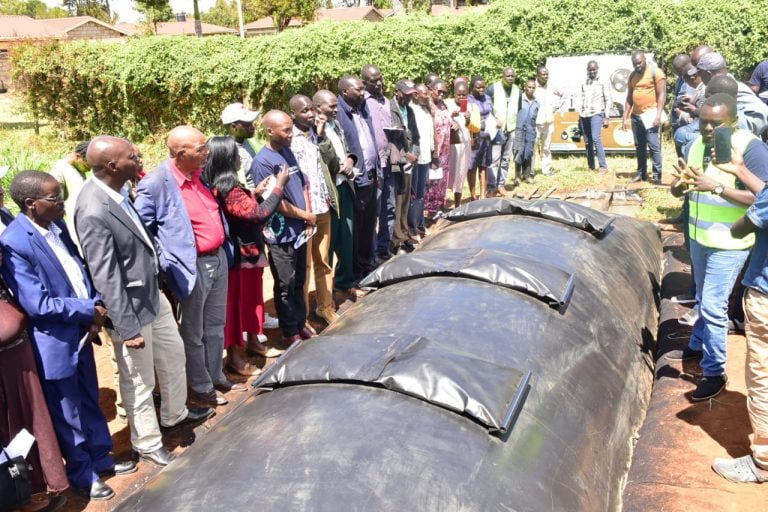Uasin Gishu County is taking bold steps to strengthen its agricultural sector, with a focus on five key value chains: coffee, poultry, potatoes, dairy, and avocado. Dr. Sam Kottut, the County’s Executive Committee Member for Agriculture, recently emphasized the critical role of stakeholder collaboration in overcoming challenges and unlocking the full potential of these sectors.
The call to action came during the closing of a five-day workshop organized in collaboration with the National Agricultural Value Chain Development Project (NAVCDP). The workshop aimed to assess and validate strategies that will guide the county’s agricultural interventions, ensuring they are practical, farmer-centric, and aligned with market demands.
“Our mission is clear: to promote sustainable agricultural practices that not only increase yields but also improve the livelihoods of our farmers,” said Dr. Kottut. “This workshop has been instrumental in refining our strategies to ensure they are actionable and impactful.”
The event brought together a diverse group of stakeholders, including representatives from Laclan Kenya, the Kenya Plant Health Inspectorate Service (Kephis), Ustawi Avocado Company, Tai Farm, Culture Nurseries, and key players in the dairy sector such as the Kenya Dairy Board, cooperative societies, Equity Bank, Norbrook, Kagric, Elgon Kenya Ltd, and the New Kenya Cooperative Creameries (NKCC).
A standout outcome of the workshop was the proposal to establish value chain platforms. These platforms will serve as coordination hubs for agricultural activities, fostering better communication and collaboration among stakeholders. By streamlining efforts, the county aims to create a more supportive ecosystem for farmers.
Agriculture Chief Officer Elphas Kiprop highlighted the importance of aligning production with market needs. “To remain competitive, we must focus on producing high-quality products that meet both local and international standards,” he said. “This requires a shift from quantity-driven farming to value-driven agriculture.”
Kiprop also underscored the transformative role of technology. “Embracing smart farming solutions will help us reduce post-harvest losses, optimize resource use, and improve market access for our farmers,” he added. “Technology is no longer optional—it’s a necessity for modern agriculture.”
NAVCDP Project Coordinator Mr. Cosmas Lang’at identified critical gaps in marketing and harvesting that need urgent attention. “One of the biggest challenges farmers face is the lack of reliable markets. Too often, they harvest their crops only to find that buyers have backed out of agreements,” he explained.
To address these issues, Lang’at announced plans to create a dedicated platform for stakeholders and agripreneurs. This platform will provide training on best practices, such as harvesting ripe avocados, and offer insights into market expectations. Additionally, resources will be allocated to cooperative societies to strengthen marketing strategies and build trust between farmers and buyers.
“By tackling these challenges head-on, we can create a more resilient agricultural sector that benefits everyone—from farmers to consumers,” Lang’at said.


